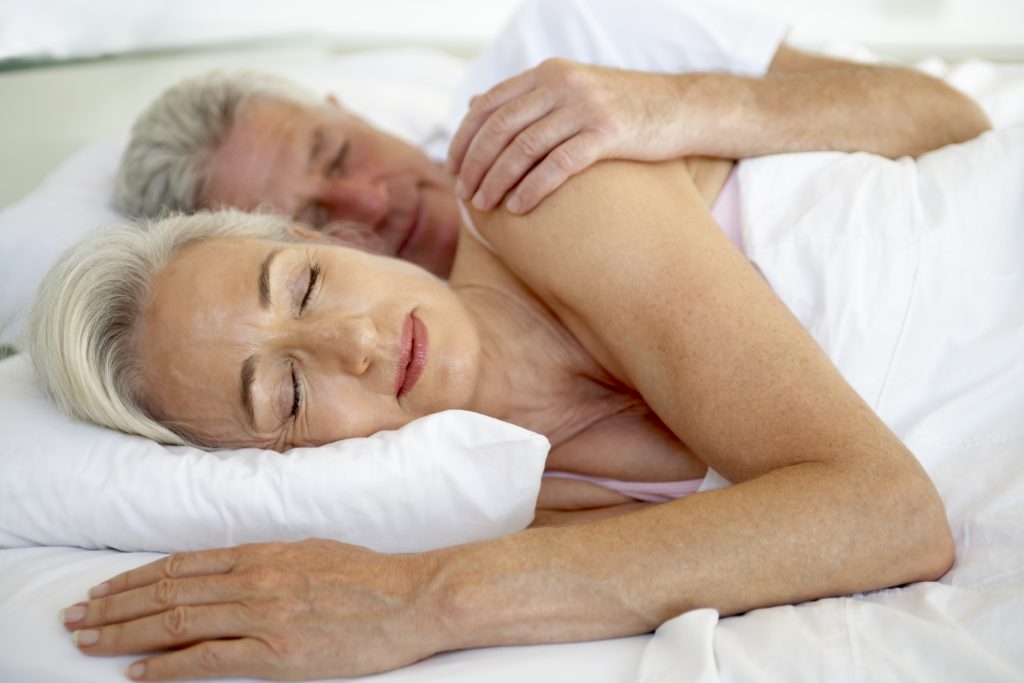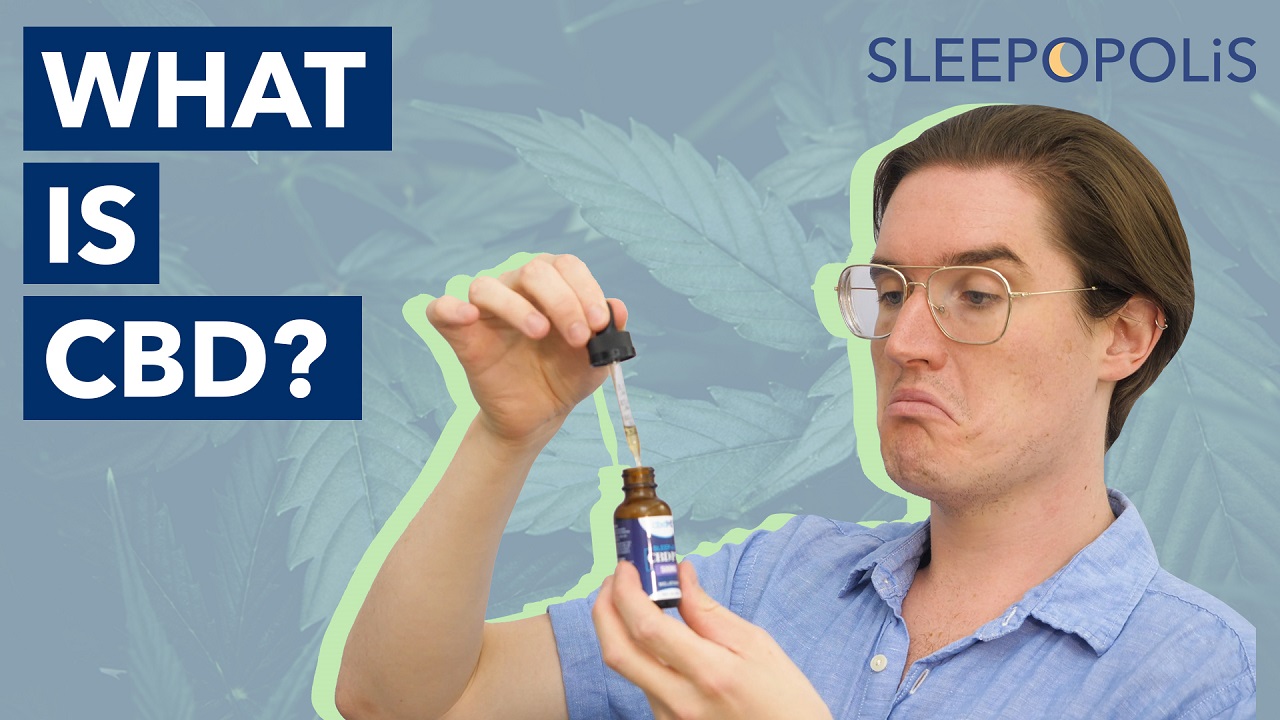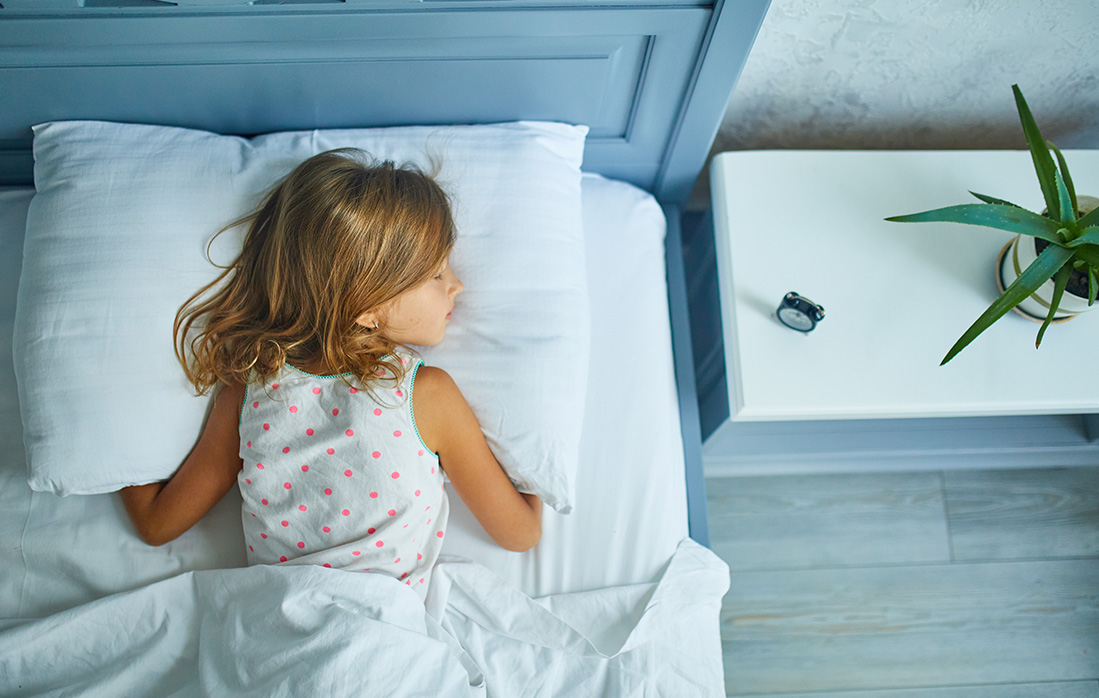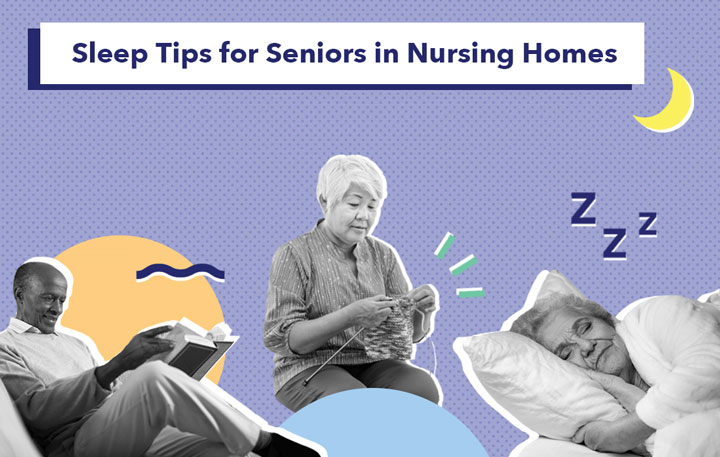
The last decade has seen a surge in acceptance and availability of cannabis and CBD, and with legal implications vanishing, so too have the negative stereotypes of those who partake in its use (1). More recently, cannabis use among previously wary older adults in the US is rising, with hopes it will aid with sleep, pain, or anxiety, especially when conventional medications haven’t provided the relief they seek.
Use among seniors has grown substantially in those over 65, from 0.4 percent in 2007 to 8 percent in 2022, according to the National Survey on Drug Use and Health (2). While marketing might be behind much of the increase, more scientific research on cannabis’ effects on people with severe health issues such as Parkinson’s and clinical insomnia is also spurring the surge. Although research on cannabis’ medicinal potential is growing, there are questions and concerns about how to use it and what the potential risks may be, particularly for older adults or those with sleep disorders such as sleep apnea.
Cannabis Safety Guidelines For Older Adults
According to Dr. David Berger, a family care practitioner, Assistant Professor for the University of South Florida College of Nursing, and medical cannabis specialist, when a good clinical treatment plan that takes into account the dosage, the administration, effects of different strains, while taking a ”start low and go slow” approach, medical cannabis is a safe option.
Dr. Berger doesn’t solely use THC (9-?Tetrahydrocannabinol), which is the psychoactive compound found in cannabis. He starts first with CBD (cannabidiol) and works up the dose to find what works. CBD and THC affect the brain differently, especially when it comes to memory and cognition, which THC can dampen.
If sleep doesn’t improve with CBD, Berger adds CBN (cannabinol), which is non-euphoric but excellent for sleep. For those new to THC, Berger recommends starting with CBD. If deciding to try THC later on, he suggests continuing to use CBD alongside it since CBD can help reduce the more intense feelings of being high from THC. “I suggest making just one change every couple of days and adjusting the different cannabinoids up and down to give the optimal effect while not overwhelming the patient,” he says.
Cannabis companies have caught on to the growing interest of older demographics, presenting educational sessions at community living centers and developing products tailored to seniors’ needs. According to reporting from The New York Times, brands such as Trulieve and Bristol Extracts are creating specific product lines targeting older consumers, with some companies even offering steep discounts for seniors in retirement homes (3).
But for older adults, easing into cannabis use under the guidance of a medical professional is vital since the more intense highs from THC can make ordinary tasks more risky. “It is especially important to start low and go slow when being used at night, so a person can make sure that if they wake up, say to go to the bathroom or the kitchen, that they are able to walk safely,” says Berger.
Sleep Disorders and Cannabis Use
Cannabis can be beneficial for people who have sleep disorders, according to Berger. “Patients often tell me they are falling asleep faster, staying asleep longer, getting back to sleep faster, and sleeping later,” he says. Unless a person takes an excessive amount of THC, they should not be waking up with a hangover, adds Berger. Some research has shown promising effects of cannabis use for treating insomnia with few adverse effects. People also turn to cannabis to ease medical issues like depression, anxiety, chronic pain, and fibromyalgia, which make sleep more challenging to come by.
THC and CBD affect sleep in distinct ways. According to the Canadian Pharmacists Journal, THC can help you fall asleep faster and improve sleep quality (increasing slow-wave sleep and total sleep time) when taken in small doses, while higher doses might reduce the REM dream phase of sleep, which is crucial for brain health (4).
CBD, on the other hand, can be stimulating in smaller doses or relaxing in higher amounts. It may boost sleep length and reduce wake events. Overall, cannabis appears to make falling asleep easier, at least in the short term. The evidence suggests that using THC or THC combined with CBD can improve sleep quality ratings. Researchers conclude that the drawbacks of current sleep medicines make it sensible to consider how cannabis may improve sleep and what the potential benefits and disadvantages may be.
However, if you have untreated sleep apnea, you’re likely to feel tired during the day. As cannabis can have a sedating effect, the combination could cause even more fatigue and tiredness, so it’s wise to monitor your symptoms closely and keep your doctor informed. With that said, Berger states he’s not aware of any research on seniors or other age groups that indicates cannabis can worsen sleep apnea or that it is an effective treatment for it. It’s always best to discuss your options with a medical professional.
Know the Risks of Cannabis Use
“Cannabis can affect people differently, regardless of age,” says Berger. However, potential risks include interactions with certain medications, increased sensitivity due to aging, and respiratory symptoms for those with lung disease, which are more likely to occur with age. When Berger works with inexperienced seniors, who could be more sensitive to the treatment, he is particularly cautious and monitors them closely. However, he says many seniors have past or current experience with cannabis. “Part of a good medical evaluation and treatment plan is determining past use, amount, and effect,” he says.
Since there are no determined federal guidelines, medical guidance is limited. Berger and other doctors typically advise starting with low doses and discussing potential interactions with any of your current medications. Educating yourself, sticking to tested products, and understanding state regulations to ensure safe usage is crucial.

CBD and Sleep

Almost Half of Parents Have Given Their Children Melatonin to Sleep, New Survey Shows

Recent Study Shows CPAP Machines Could Be Ineffective for Senior Adults

The Ultimate Guide to Sleeping in a Nursing Home
Sources
1. NCSL, “Cannabis Overview,” National Conference of State Legislatures; https://www.ncsl.org/civil-and-criminal-justice/cannabis-overview; November 9, 2024.
2. SAMHSA, “Types of Illicit Drug Use in Lifetime, Past Year, and Past Month: Among People Aged 12 or Older; Numbers in Thousands, 2021 and 2022,” https://www.samhsa.gov/data/sites/default/files/reports/rpt42728/NSDUHDetailedTabs2022/NSDUHDetailedTabs2022/NSDUHDetTabsSect1pe2022.htm
3. Caron, Christina. “Why Some Seniors Are Choosing Pot Over Pills,” The New York Times; https://www.nytimes.com/2023/11/16/well/mind/medical-marijuana-seniors.html; November 16, 2024.
4. Vaillancourt R, Gallagher S, Cameron JD, Dhalla R. Cannabis use in patients with insomnia and sleep disorders: Retrospective chart review. Can Pharm J (Ott). 2022 Apr 15;155(3):175-180. doi: 10.1177/17151635221089617. PMID: 35519083; PMCID: PMC9067069.
Berger, David; Author interview, November 2024.



























